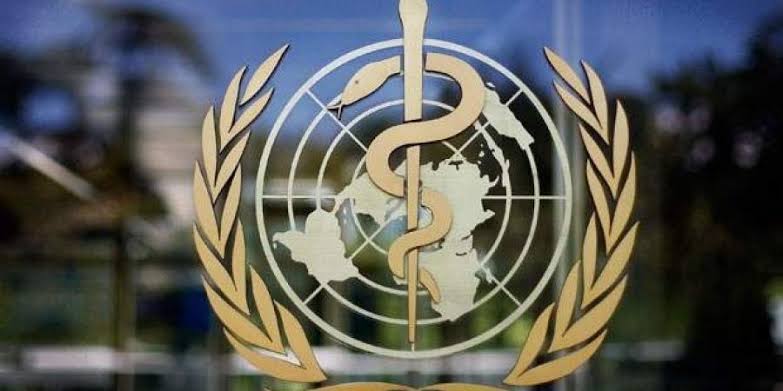By Zayamu Hassan
The World Health Organisation (WHO) has so far invested $1.7billion on essential supplies to the COVID-19 response, report has shown.
This is even as the report which was recently released by the WHO disclosed that it has delivered more than 1.4 billion vaccine doses via the COVAX facility, recommended for broad use of the world’s first malaria vaccine.
These were achieved despite the COVID-19 pandemic.
However, the WHO said that going forward, fulfilling the triple billion targets will be its overriding goal, as a measurable means of reducing health equity gaps.
During 2020-2021, WHO led the largest-ever global response to a health crisis, working with 1600 technical and operational partners, and helped galvanise the biggest, fastest and most complex vaccination drive in history.
In his reaction to the report, the WHO Director-General, Dr Tedros Adhanom Ghebreyesus, said: “Even as WHO has responded to the most severe global health crisis in a century, we have continued to support our Member States in addressing many other threats to health, despite squeezed budgets and disrupted services.
“As the world continues to respond to and recover from the pandemic in the years ahead, WHO’s priority is to invest even more resources for our work in countries, where it matters most.
“Ensuring WHO has sustainable, predictable and flexible financing is essential for fulfilling our mission to promote health, keep the world safe and serve the vulnerable.”
Also, the ACT-A partnership delivered over 1 billion COVID-19 vaccine doses by January 2022. The global rollout of crucial health materials included nearly $500 million worth of personal protective equipment; $187 million in oxygen supplies, $4.8 million in treatments and 110 million diagnostic tests.
However, much remains to be done for the world to get on track for WHO’s target of each country vaccinating 70 per cent of its population by July 2022.
The Results Report also revealed noteworthy achievements beyond the pandemic.
Due to efforts to scale up life-saving interventions guided by WHO guidelines, 15 countries have achieved elimination of mother-to-child transmission of HIV and/or syphilis.
The report also disclosed that the WHO’s recommendation of widespread use of the world’s first malaria vaccine (RTS,S) has been delivered to over 1 million children. It is expected to save 40 000 to 80 000 lives a year, when used with other malaria control interventions.
The report demonstrates WHO’s crucial role as the world’s global health guardian, speaking up for health equity in a world of widening inequalities.
Progress on Universal Health Coverage and healthier populations are at about one quarter or less the pace needed to reach the Sustainable Development Goals by 2030, and no country was fully prepared for a pandemic of such scale.
COVID-19 also caused huge disruptions to health services: 117 of 127 countries surveyed reported disruption to at least one essential health service because of COVID, whilst the average disruption across those countries was a staggering 45 per cent.
On sustainable financing, the Results Report details WHO’s efforts towards transparency and accountability, providing details of expenditure.
The WHO Programme Budget for 2020-2021 was $5 840.4 million. Financing reached $7.916 million, due to COVID-19 emergency operations.
If WHO is to play its full role in achieving the SDGs, delivering on universal health coverage, reducing the burden of ill health and protecting 1 billion more people from health emergencies, the share of regular, stable, predictable financing must increase.
Flexible funds constituted only 20 per cent of total financing in 2020-2021.
According to it, if WHO is to play its full role in achieving the SDGs, delivering on universal health coverage, reducing the burden of ill health and protecting 1 billion more people from health emergencies.
It said that the share of regular, stable, predictable financing must increase.


